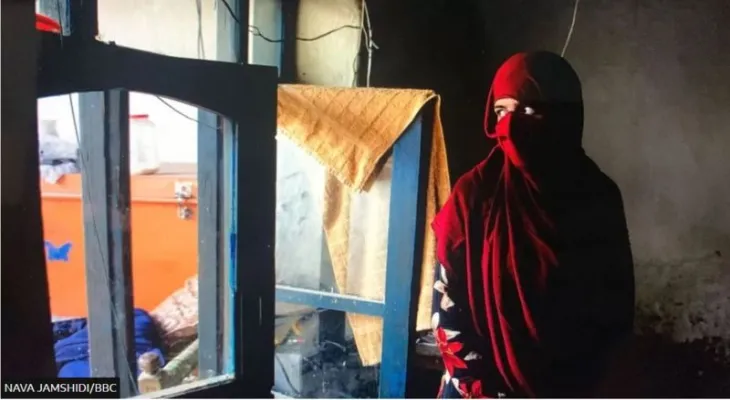Search here
Newspaper
Search here

Arab Canada News
News

Published: August 16, 2023
“We will allow women to study and work within our framework. Women will be very active in our society,” this was announced by the Taliban at their first press conference after seizing power on August 15, 2021.
And after two years, these reassurances have been firmly undermined by the actions of the Taliban government. The repression of women's rights under their rule is the harshest in the world, achieved through a harsh series of religious decrees issued by the Taliban leadership and increasingly imposed regional rulings across Afghanistan.
Throughout every moment of these times, the BBC has been on the ground talking to Afghan girls and women, documenting the sadness, fear, hope, and determination amid the increasing restrictions on them.
The first indicator of the Taliban leaders' stance on women came one month after their takeover of power in the country. Boys' high schools reopened following a statement from the Ministry of Education regarding this, which did not mention girls.
A 17-year-old girl from Kabul told us at that time: “Locally, we were told not to go to classes. For 11 years, despite the risk of violence, I worked hard to become a doctor,” she cried as she bid farewell to her siblings heading to school.
In the same week, female employees working in the Kabul municipality were instructed to stay home, with work only permitted for those in jobs that men cannot do.
However, some women still felt hopeful. A university student told us: “They kept the universities open, so I think they will change their policy soon.”
At that time, we visited the Taliban’s moral police headquarters, which is the Ministry of Promotion of Virtue and Prevention of Vice. The offices of this ministry were established in the same complex that once housed the Ministry of Women's Affairs of the former regime - a ministry abolished by the Taliban weeks after seizing power.
We were told that women are allowed to enter the ministry, but we did not see any of them.
I asked a Taliban spokesperson sitting in the compound, surrounded by Taliban fighters: “Why did you close girls' schools?”
He replied, “Girls do not go to school on their own.”
And when pressed, he said, “We will open girls' schools across the country. We are working to improve the security situation.”
Comments